You cannot be absolutely certain at what point in the future your heater will stop working. However, as with any other household equipment, failure is rarely something that happens without warning. There are always early signs that indicate problems are emerging that need to be addressed.
Ideally, you’ll want to look online for “heater repair near me” so you can have someone come and take a look before you sign off on any repair work. Nevertheless, it helps to have an understanding of what these early signs of imminent failure are. The good news is you don’t have to be an expert technician to identify most of these common warning signs.
1. Strange Noises
Your heater is unlikely to be completely noise-free. So noise by itself is not necessarily a sign of problems. What you want to pay attention to are new and strange sounds, especially if they include rattling, creaking, banging, thumping, scraping, groaning or whining.
Perhaps a part or joint is about to fail or come loose. Maybe your motor or blower assembly needs maintenance. You do not need to know exactly where the noise is coming from, a trained technician can do that for you.
2. Faulty Thermostat
When it is cold, your natural reaction is to warm things up. You would do that by turning up the heat a few notches on the thermostat. Therefore, the thermostat is critical to the proper and efficient function of a heating system. It communicates with the heating system on the quantity of heat that needs to be produced.
If the thermostat is not performing its function as well as it should, you need to repair or replace it. Often, thermostat problems can be traced to loose wiring, blown fuses or tripped circuit breakers.
3. Spike in Energy Bills
You should be suspicious if your energy bills shoot up when there has been no material change in your electricity or gas consumption. A problem with your heating system could be to blame. Ductwork issues often cause a drop in heater efficiency and could be the culprit, but it can be notoriously difficult to investigate and is best left in the hands of trained technicians to find out if the reason is grow lights or your air conditioner.
4. Deteriorating Air Quality
Does the air in the room feel dusty whenever the heater is running? It may imply that dust particles are making their way through the heating system’s vents. The heater is having difficulty cleaning the air passing through it.
Usually, this means you need to change the filter. However, this will not always resolve the problem. There may be a more complex problem that requires fixing.
5. Slow Starting and Frequent Cycling
If your heater seems to take a longer time to start than it usually does, do not assume all is well. Likewise, if the unit starts to experience continuous or frequent cycling, you need to investigate and resolve the cause.
Frequent cycling is often caused by thermostat complications, clogged filters and inefficient air circulation.
6. Noticeable Odor
Certain problems with your heating system can be kept pending for days or weeks before you get down to fixing them. Some, however, cannot wait. A noticeable gas odor is a problem requiring urgent action even if you always stay in your underground room.
If you smell gas, you should immediately turn off the heater. Open up the heater, look for the gas supply valve and turn it off. During this time, do not light any matches or turn on any lights. Have a trained technician take a look before you turn it on again.
7. Pools of Water
If you have water pooling under or near your heater, you could be dealing with a blocked condensate line. The heating system could also experience a refrigerant leak.
Refrigerant leaks are especially dangerous and require urgent action. Freon, the most commonly used refrigerant, is poisonous. Have an expert look at it even if you think it is just water. It is always better to err on the side of caution.
Act Early
As we approach the winter months, the last thing you need is your heater malfunctioning when you need it the most. Fortunately, that does not have to happen. Look out for these early signs of problems so you can preempt heater failure long before it occurs.

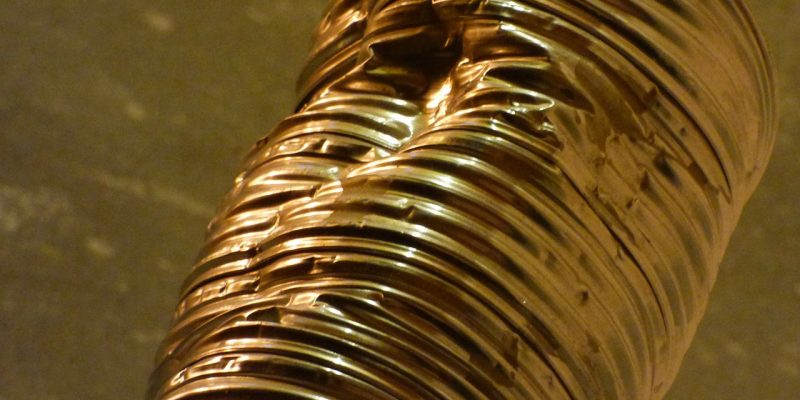

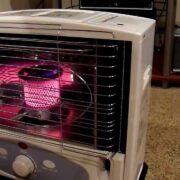
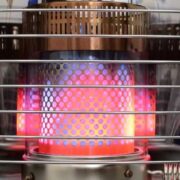
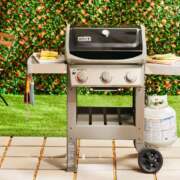
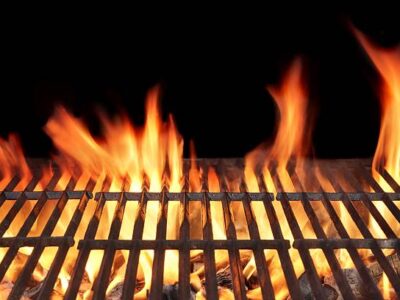

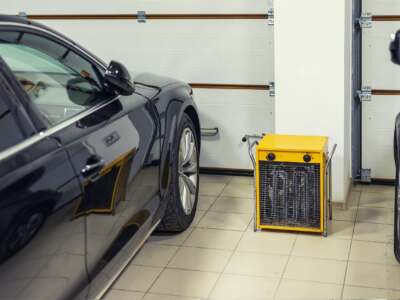
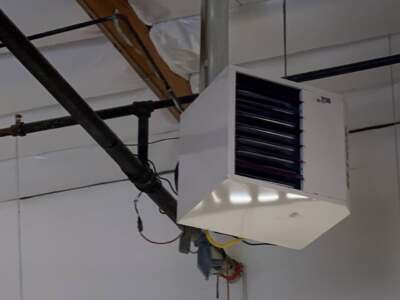
Comments